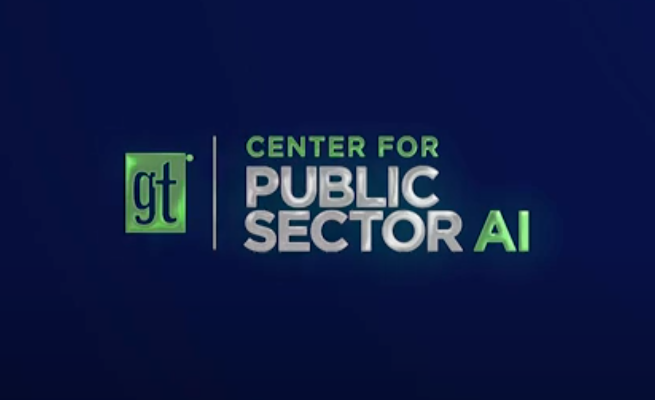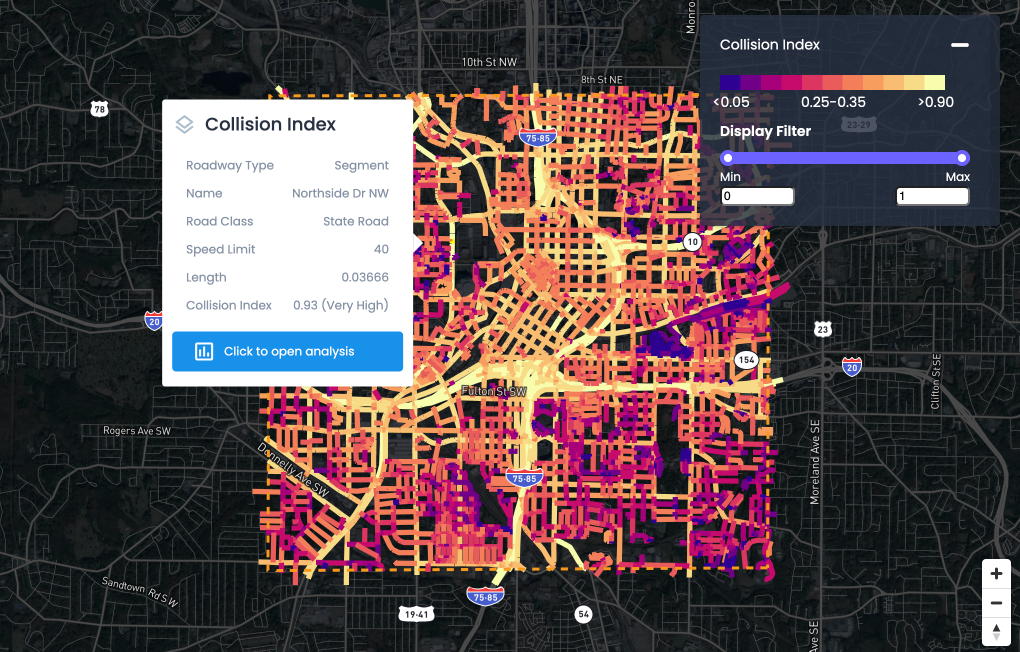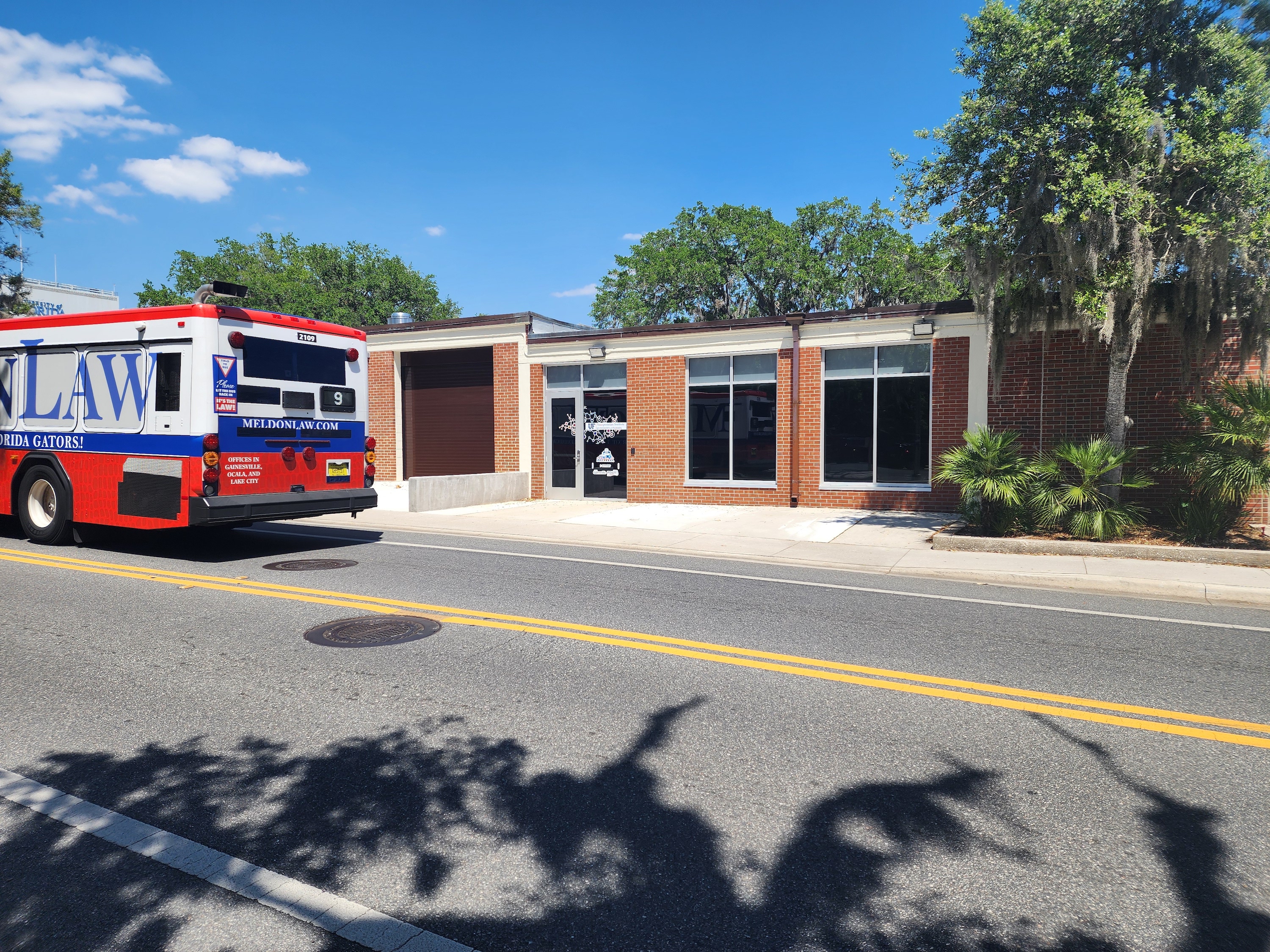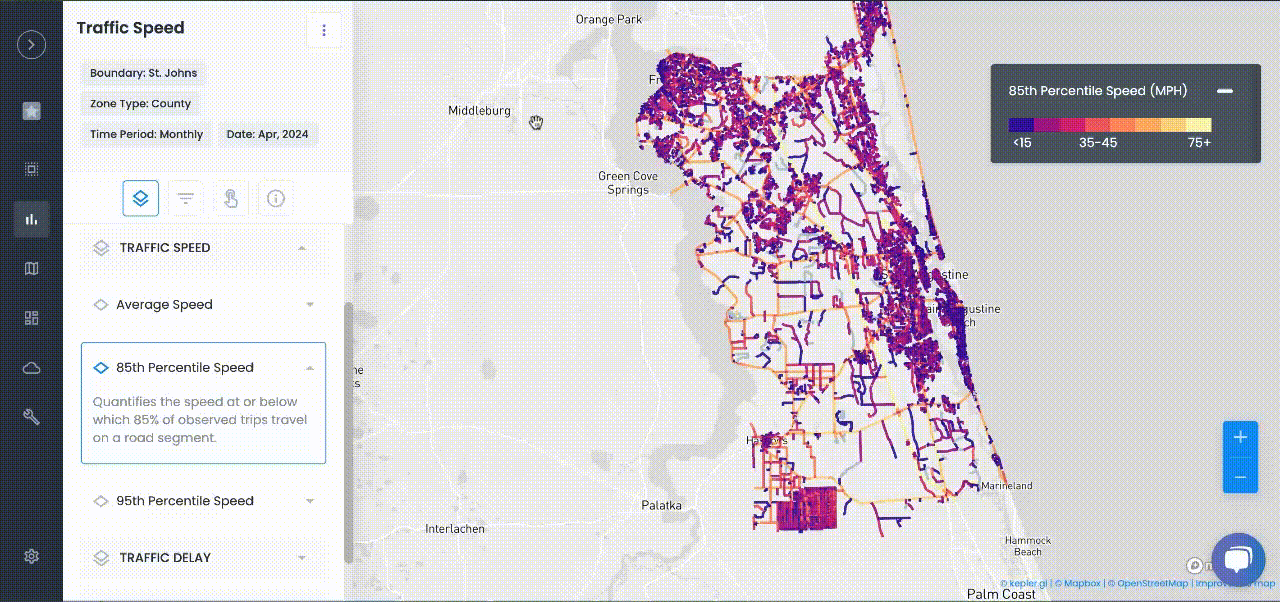
Articles
The Critical Role of Data in Transforming America's Transportation Infrastructure
Big data will play a vital role in educating citizens and driving smart decisions as America looks to invest trillions of dollars in its infrastructure.
Big data will play a vital role in educating citizens and driving smart decisions as America looks to invest trillions of dollars in its infrastructure.
Much of America’s infrastructure is in need of transformation after decades of underfunding.
The American Society of Civil Engineers’ 2021 Report Card for America’s Infrastructure gave the nation an overall infrastructure score of C- while America’s roadways scored a D. The report noted that growing wear and tear on our nation's roads have left 43% of our public roadways in poor or mediocre condition, a number that has remained stagnant over the past several years.
America may score better on the next report if a sweeping infrastructure bill recently unveiled by President Biden successfully makes its way through Congress.
Called a once-in-a-generation infrastructure investment by Transportation Secretary Pete Buttigieg, the proposal is aimed at addressing “a trillion-dollar backlog of needed repairs and improvements.” The $2 trillion proposal includes $115 billion to repair and rebuild bridges, highways, and roads.
In a hearing with Secretary Buttigieg on the administration’s transportation infrastructure priorities, Congressman Peter DeFazio (D-OR), chair of the House Committee on Transportation and Infrastructure remarked: “We know that in this pivotal time, it’s not just how much we invest, but how we invest these funds that will determine whether an infrastructure bill moves our nation in the right direction. It is time to reimagine how we plan and build transportation projects and put our money behind achieving a new vision.”
That’s where data comes in.
A plan to transform the nation’s transportation infrastructure on this scale will require data-driven decision making. Decisions that invest resources wisely and with transparency.
Data-driven decision making is the key to holding government organizations accountable, enabling them to enact policy measures that will fuel economic development and growth, improve safety, and transform mobility.
From analyzing traffic patterns, road conditions, crashes and much more, data generates meaningful information and insights for planning, evaluating, and developing transportation projects.
Data can also help planning organizations uncover unmet needs. To invest in underserved communities and prioritize more equitable transportation networks that meet the needs of all citizens.
Data-driven analysis can also play a key role in helping transportation planners achieve policy goals around issues such as sustainability, effective use of resources, and more efficient mobility.
Equally important, data can help government planning organizations develop transportation projects that are eligible for funding.
Today, data is commonly referred to as the new oil. In transportation planning, data fuels better outcomes, transparency in decision-making and the development of a more accessible, reliable and resilient transportation infrastructure.
As policy makers and planners at all levels of government undertake the significant task of transforming the nation’s infrastructure, data will play a critical role in helping them build high-performing transportation systems that bring measurable value to their communities.
As the World Bank recently noted, “The future of mobility is data driven. Every plan, investment, policy change, and infrastructure design will be grounded in data and evidence for decision-making. Data allows for a higher level of objectivity, precision, predictability, and consistency in decision-making.”
Objectivity, precision, predicability, consistency — what every citizen expects from policy makers, especially when that policy carries a price tag in the trillions.
Contact us today to learn how government agencies around the world are using Urban SDK for the reliable data sources they need to inform and accelerate decisions, automate services and improve their communities.

NEWS
Recent Announcements
See how public sector leaders succeed with Urban SDK.

Company News
Urban SDK Joins Government Technology’s AI Council to Help Shape the Future of AI in the Public Sector
We’re proud to announce that Urban SDK has officially joined the AI Council, part of Government Technology’s Center for Public Sector AI

Company News
Collision Index: Proactive Traffic Safety Powered by AI
Communities now have another layer of road safety thanks to Urban SDK’s Collision Index

Customer Stories
University of Florida Transportation Institute Partners with Urban SDK to Expand I-STREET Program
Urban SDK and the University of Florida have partnered to expand the university's I-STREET Program
WEBINAR
Identify speeding and proactively enforce issues
See just how quick and easy it is to identify speeding, address complaints, and deploy officers.
